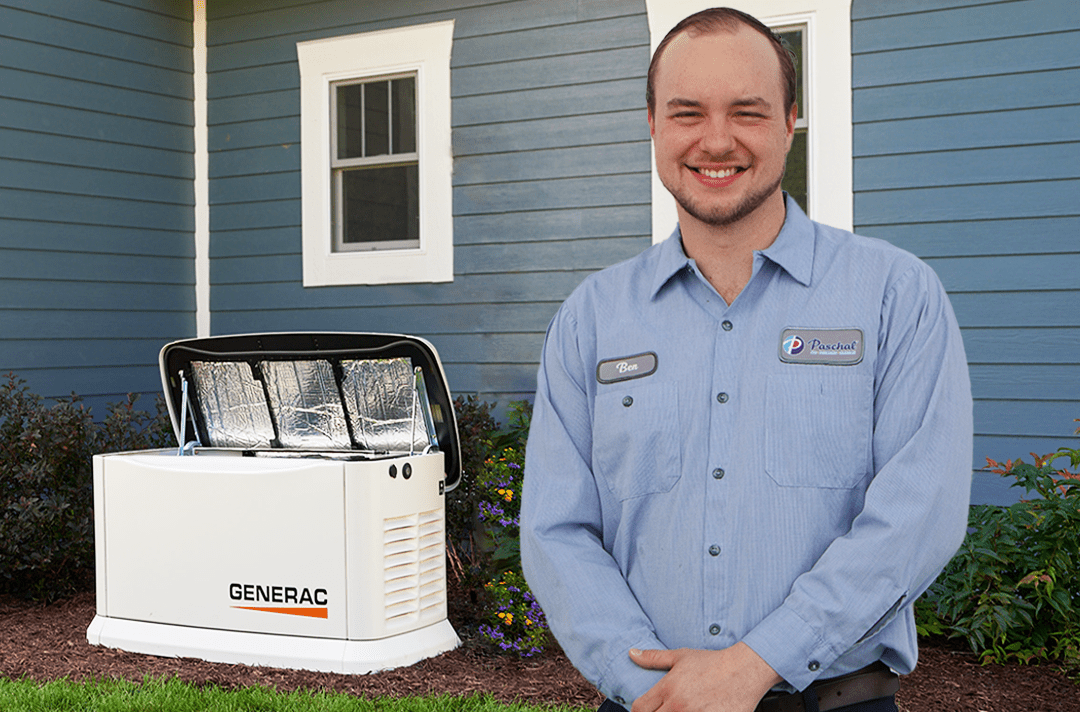Want to save with Paschal? Don’t miss our current offers and specials

Want to save with Paschal? Don’t miss our current offers and specials
Return to Paschal Resource & Education Hub
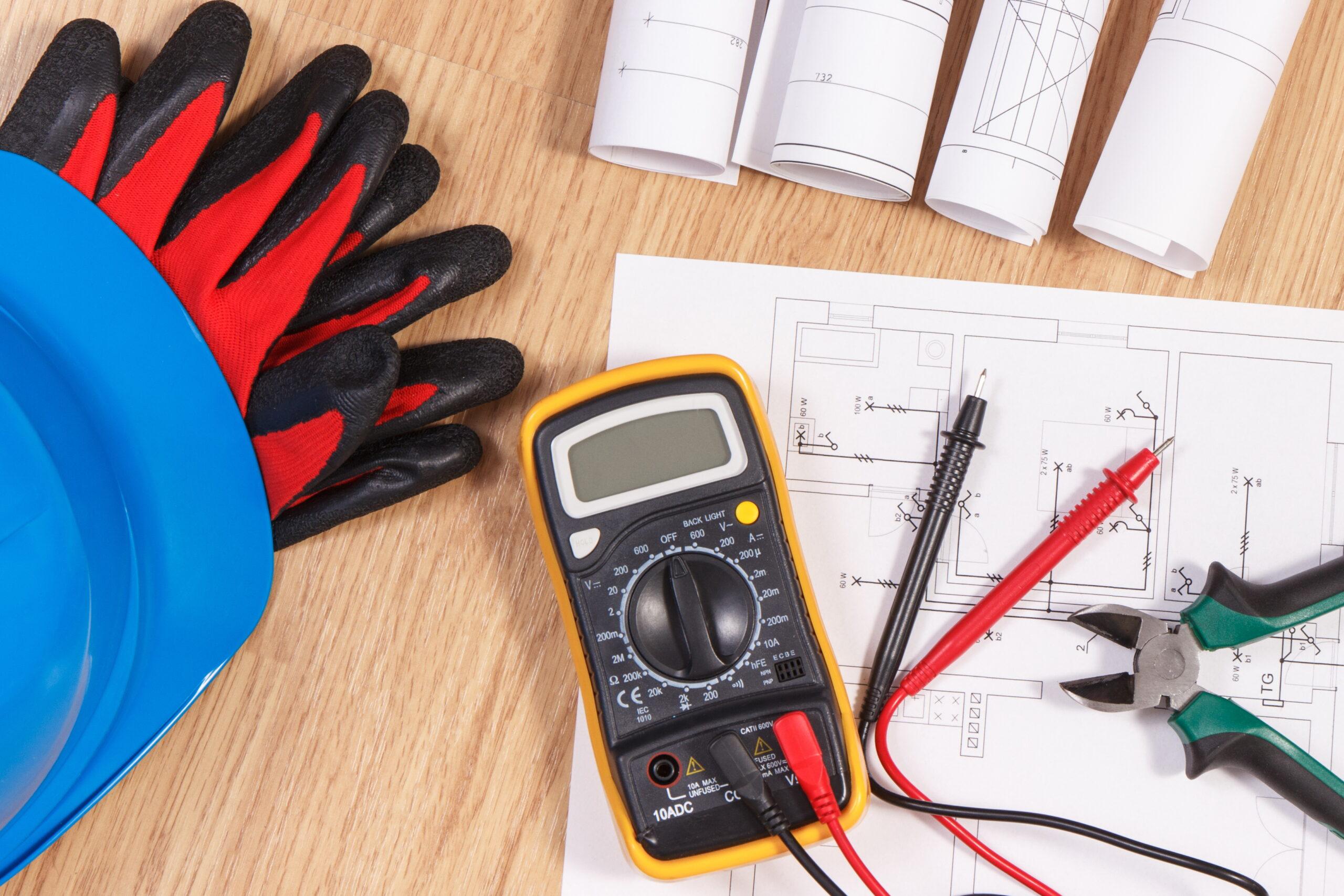
Electricity is an essential part of our daily lives, but it can also be very dangerous if not handled correctly. Electrical safety is of utmost importance to avoid accidents that can cause injuries or even fatalities. In this article, we’ll discuss the basics of electrical safety, including the potential hazards of electricity, how to prevent electrical accidents, and what to do in case of an electrical emergency.
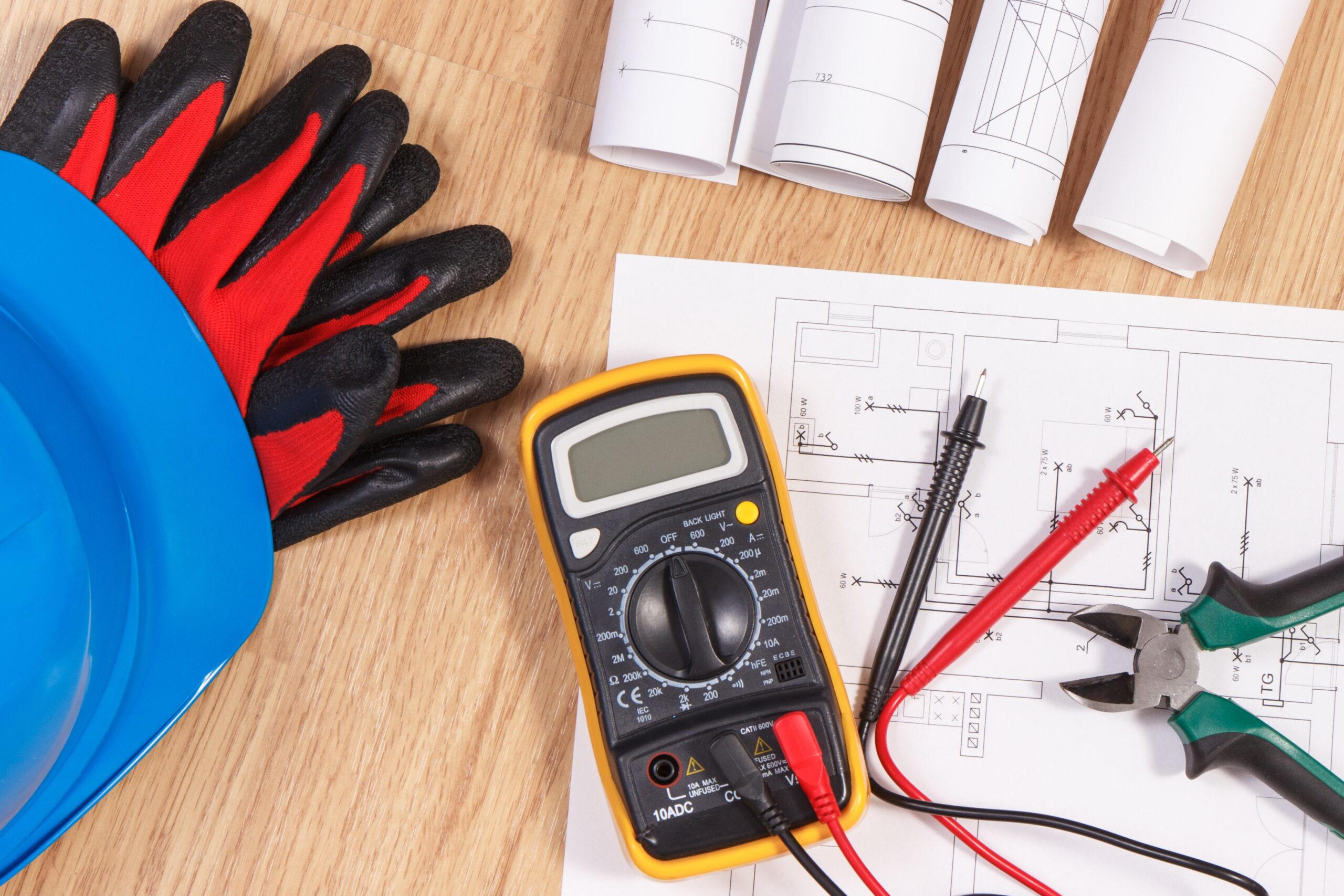
Before we delve into electrical safety, it’s essential to understand the basics of electricity. Electricity is the flow of electrons, which are negatively charged particles. It flows from an area of high voltage to an area of low voltage, seeking to balance the charge. The unit of measurement for electrical current is amperes (amps).
Voltage, on the other hand, is the force that drives the flow of electrons. The unit of measurement for voltage is volts. Electrical power is measured in watts, which is the product of voltage and current. Understanding these concepts is crucial to understanding how electricity works and why it can be dangerous.
Electricity can be hazardous and pose significant risks if not handled correctly. Understanding the potential hazards of electricity is essential to preventing electrical accidents.
Electrical burns can result from contact with an electrical current. They can cause severe tissue damage, and in some cases, amputation may be necessary. Electrical burns can be prevented by ensuring that all electrical equipment is correctly grounded, and protective gear is worn when working with electricity.
Electric shock occurs when an electrical current passes through the body. It can cause muscle contractions, burns, and even death. Electric shock can be prevented by ensuring that all electrical equipment is correctly grounded, and avoiding touching electrical equipment with wet hands or when standing on a wet surface.
Electrical fires and explosions can result from faulty electrical equipment or improperly installed wiring. They can cause significant damage and even death. Electrical fires can be prevented by ensuring that all electrical equipment is correctly installed and maintained, and by not overloading electrical circuits.
Electromagnetic radiation can result from exposure to electrical equipment, such as power lines, transformers, and electrical appliances. It can cause a variety of health problems, including cancer, and should be avoided whenever possible.
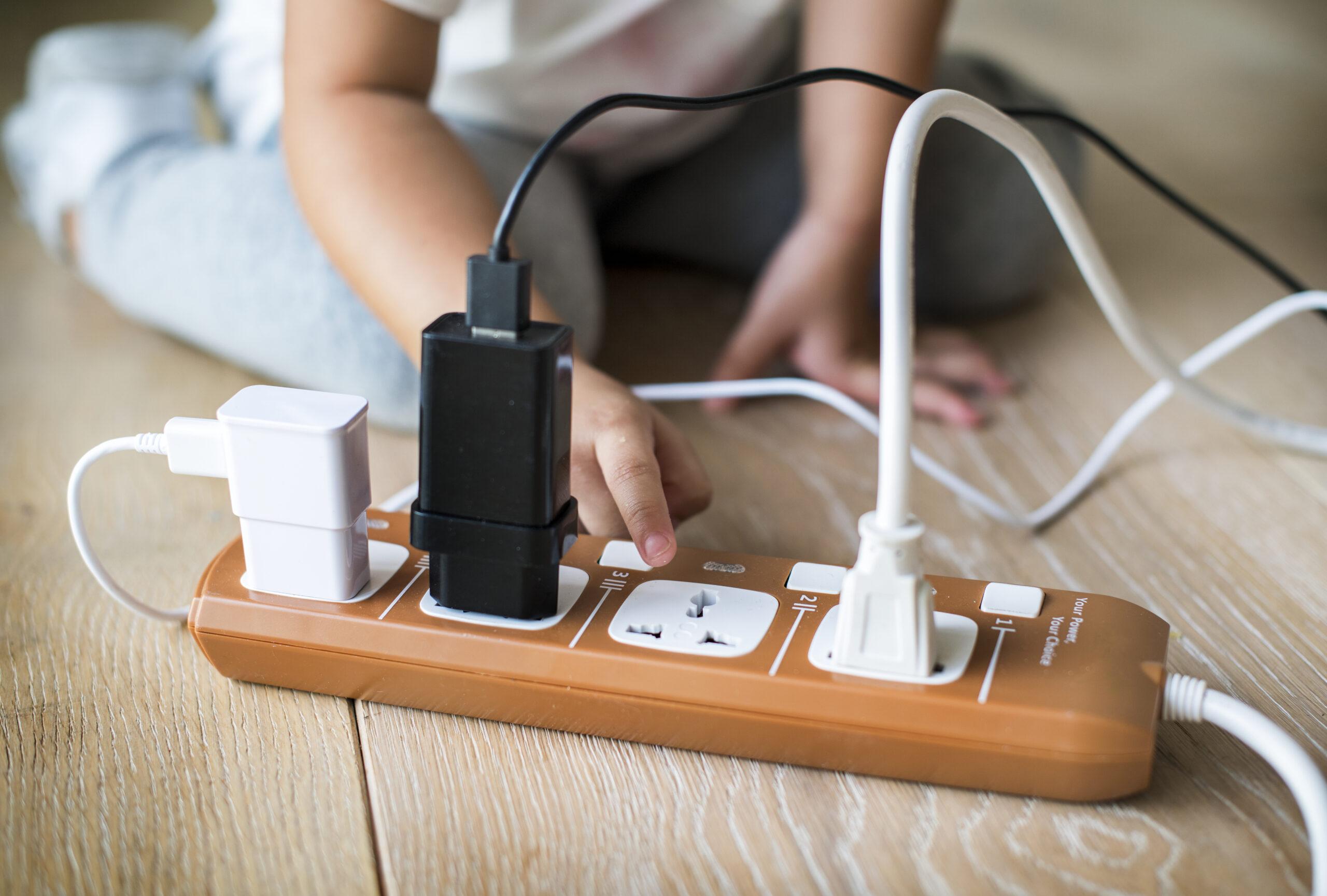
Here are a few precautions that you can take to ensure electrical safety:
Regular electrical maintenance is essential to prevent accidents. This includes inspecting all electrical equipment, checking wiring and connections, and ensuring that all equipment is correctly grounded.
Proper wiring is crucial to preventing electrical accidents. This includes ensuring that all wiring is correctly installed, avoiding the use of extension cords whenever possible, and not overloading electrical circuits.
When using electrical appliances, it’s essential to follow the manufacturer’s instructions carefully. This includes ensuring that all appliances are correctly grounded, not using damaged appliances, and keeping them away from water.
When working with electricity outdoors, it’s essential to take additional precautions. This includes ensuring that all equipment is rated for outdoor use keeping all electrical connections dry, and avoiding working near power lines.
Water and electricity don’t mix, and working with electricity in wet conditions can be dangerous. When working in wet conditions, it’s essential to wear protective gear, avoid using electrical equipment with wet hands or when standing on a wet surface, and ensure that all equipment is correctly grounded.
Despite taking precautions, electrical emergencies can still happen. In case of an electrical emergency, it’s essential to stay calm and take the following steps:
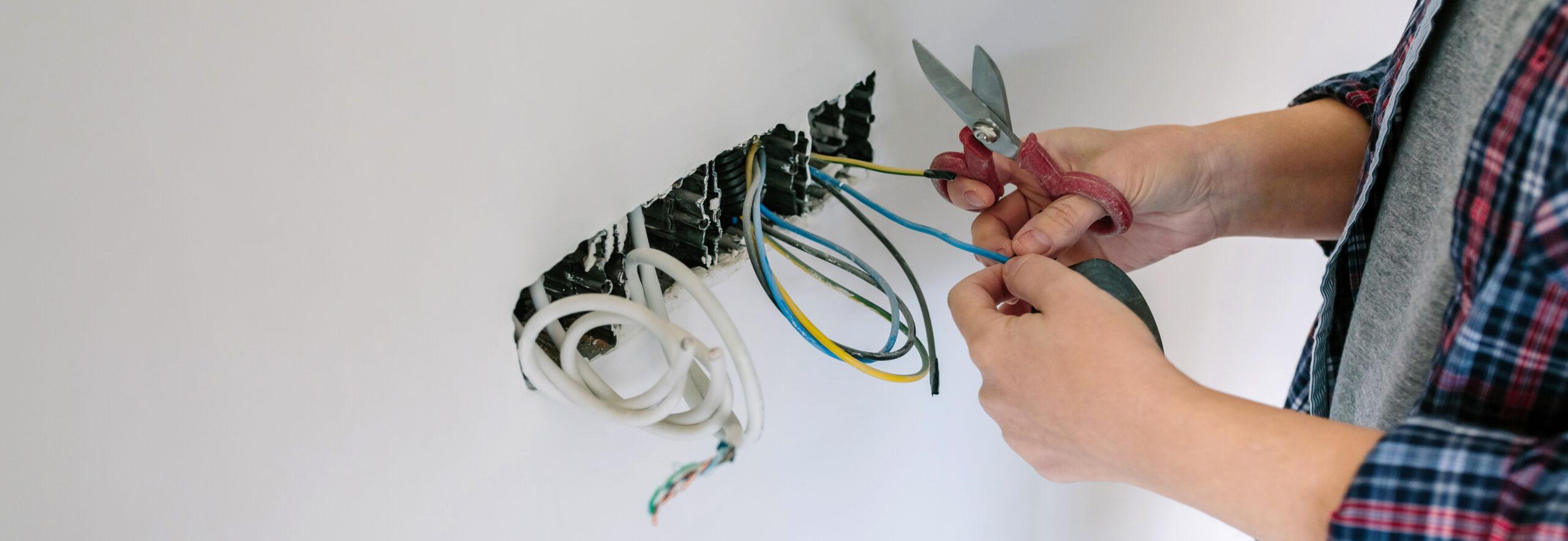
Electrical safety is essential to prevent accidents and ensure the safety of everyone around us. By understanding the potential hazards of electricity, taking proper precautions, and knowing what to do in case of an emergency, we can keep ourselves and others safe. Remember, when it comes to electrical safety, it’s always better to be safe than sorry – that why you should always call the professionals at Paschal Air, Plumbing & Electric before undertaking any electrical work on your home.
